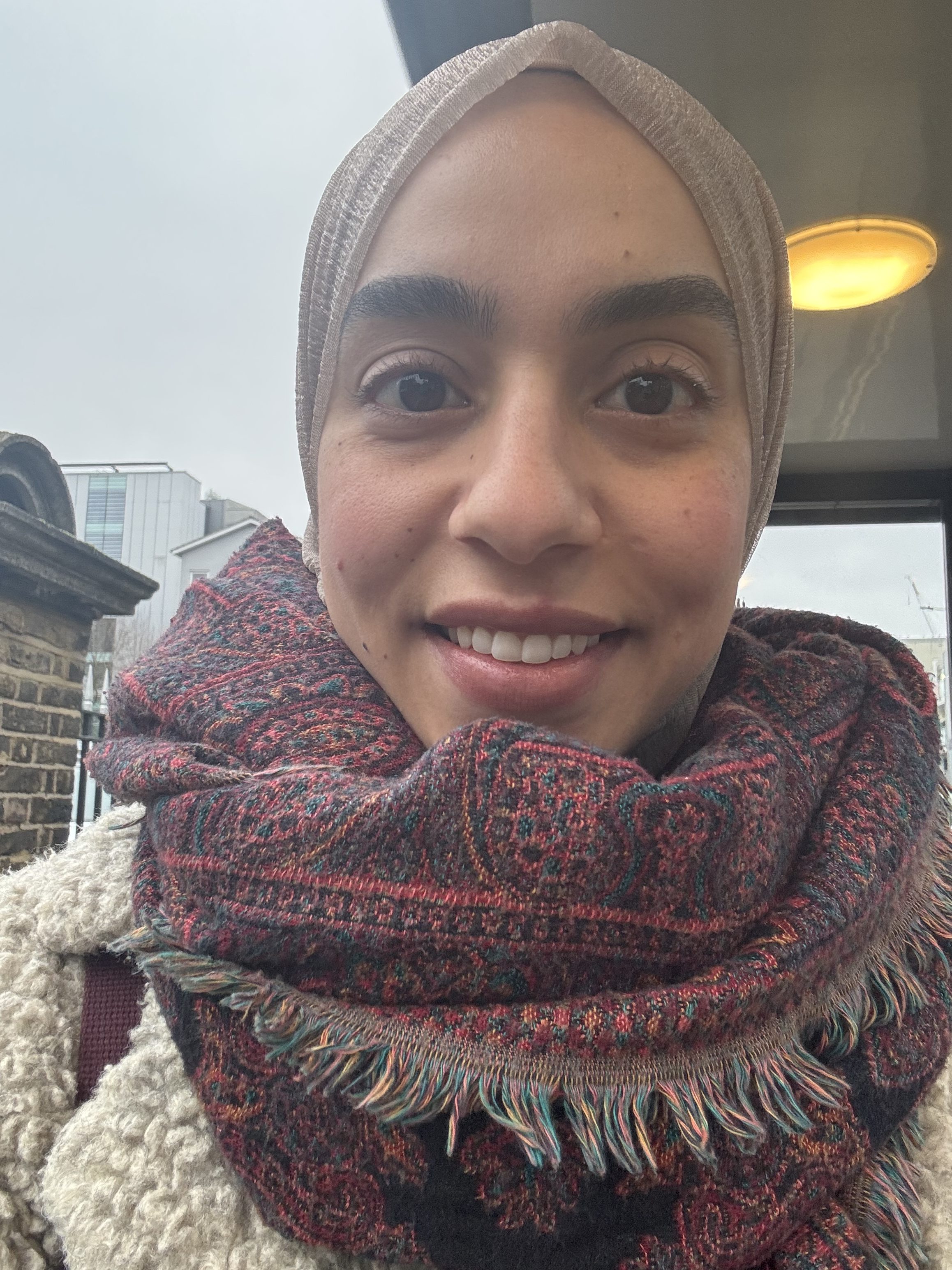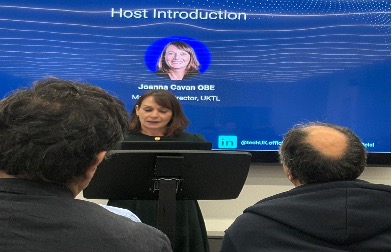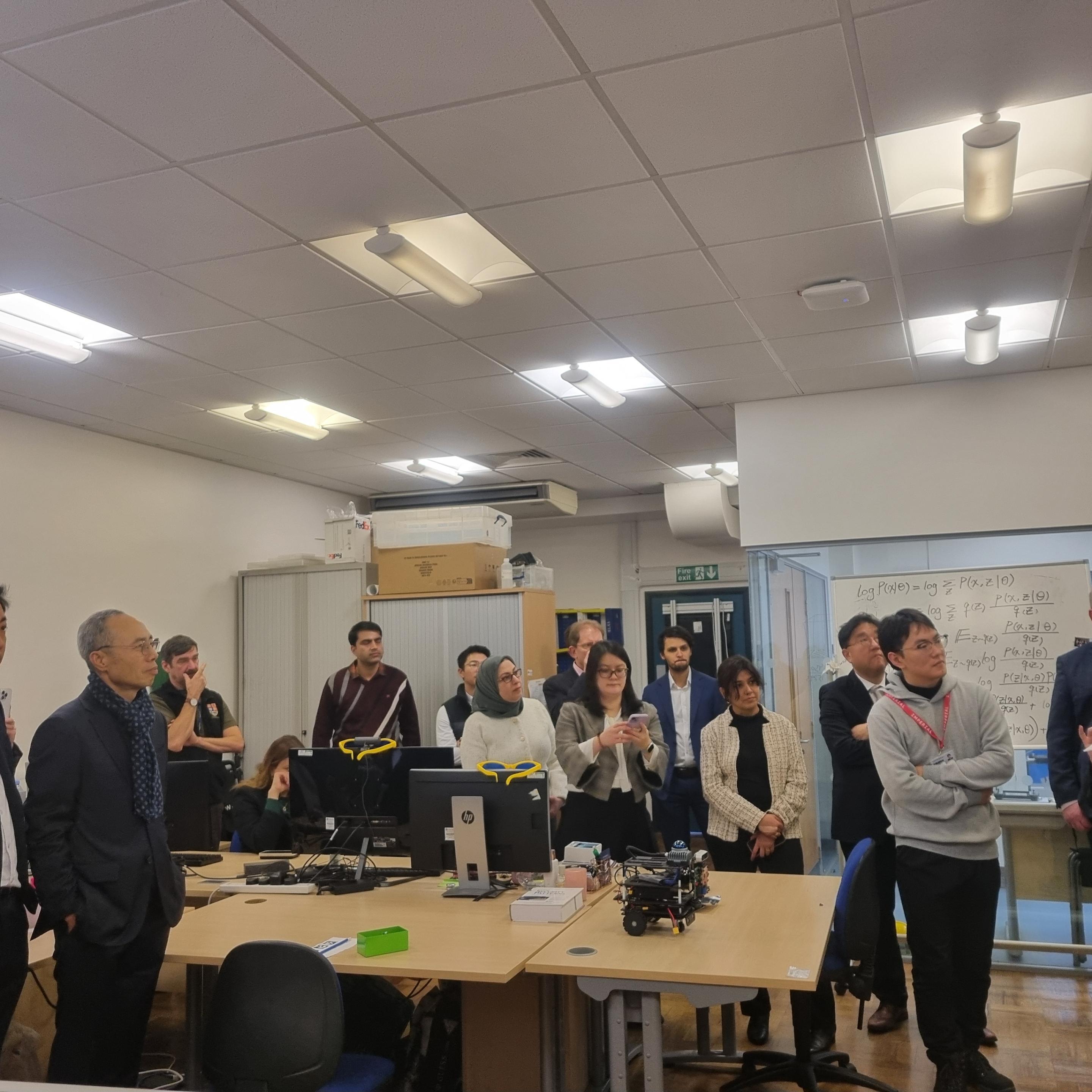Celebrating Women in Science Eman Maali: Research Postgraduate at Imperial College London
17 Mar, 2025

In recognition of International Women’s Day we are launching a special series to highlight the journeys, challenges, and achievements of women in science. Through these conversations, we aim to celebrate their contributions, inspire future generations, and explore how we can foster a more inclusive scientific community.
This week we focus on Eman Maali, Research Postgraduate, Department of Computing, Faculty of Engineering who shares her path into science, her ground-breaking work in wireless communications, and her thoughts on empowering women in STEM.
Your Journey into Science
Can you tell me a bit about what sparked your interest in science? Was there a particular moment or experience that set you on this path?
I have been obsessed with space since I was a little kid—I wanted to be an astronaut. Watching astronauts fly in spaceships always fascinated me. I don’t recall exactly why; I just remember eagerly waiting for any space- related news to come on TV. Whoever used to ask me, “What do you want to be in the future?” my answer was always “astronaut.” Also, back home in Palestine, there is a stereotype that if you were at the top of your class in maths and sciences, it was expected that you would pursue a scientific stream and study something related. That expectation, combined with my early fascination with space, naturally led me down the path of science.
What was it like when you were first starting out? Did you always know this was the career you wanted to pursue, or did your journey take some unexpected turns?
No, like I said, I wanted to be an astronaut! I still remember my colleagues laughing whenever I said that and my teacher reminding me that our universities didn’t offer such a path. Later, during my secondary years, I wasn’t sure what I wanted to be, so my answer changed to, “I don’t know yet, but I’m sure I’ll do something that benefits people.”
My journey took several unexpected turns. The first significant shift happened after my high school results when I changed my path from dentistry to computer engineering. The second turning point came after finishing my degree when I struggled to find the desired job. There was a strong stereotype around computer engineering—people assumed it only led to programming, and jobs in networking or security were often not available to women because they sometimes required working at night, which wasn’t widely accepted in our society. Even now, some STEM field jobs in the Middle East remain male-dominated.
Pursuing a master’s degree in electrical engineering became a defining moment, eventually leading me to a teaching position at Birzeit University. That’s when I realised—Oh, this is what I want to do! However, I was struck by the low number of women in computer science and the even smaller number of female faculty members in engineering. At the time, I was the only female lecturer in the Electrical and Computer Engineering Department and the Computer Science Department. That realisation reinforced my passion for academia and commitment to making a difference in STEM. I can see now, after my PhD, another turning point; let’s wait and see!
What excites you the most about the work you do today?
What excites me the most about my work today is that I get to do research I am genuinely passionate about. There’s something incredibly fulfilling about exploring ideas that challenge me and push the boundaries of what we know.
Beyond that, I’m deeply motivated by the idea of being a role model for women who are hesitant to pursue STEM. Being part of a minority in a field I’m passionate about comes with challenges, but it also brings a sense of purpose. I want to show that it’s possible to thrive in this field despite the barriers.
Most of all, the idea that I might inspire someone—that someone might look at my journey and say, “Because of you, I didn’t give up”—drives me. Knowing that my work, presence, and perseverance could make a difference for others makes everything worth it.
Challenges & Overcoming Barriers
Along the way, have you faced any challenges or obstacles that made you question your place in this field? How did you navigate them?
Absolutely. There were times when I was told I was too ambitious, not ready, or that I still needed help, as if I could not succeed on my own. I have had to work harder to be taken seriously and prove that I belong. What kept me going was reminding myself why I chose this path in the first place. Finding mentors and a supportive community also made a huge difference—they reminded me that setbacks don’t define my worth, persistence does.
Have you ever felt like you had to prove yourself in ways that your male colleagues didn’t? How did that shape your experiences?
Yes, many times, and it is exhausting. I have had to justify my competence in ways my male peers never did— whether it is being questioned more often, overlooked in discussions, or having my ideas attributed to someone else. It made me more determined to stand my ground, to make sure my voice is heard, and to support other women so they don’t feel as isolated in these experiences.
Some people talk about imposter syndrome in science—have you ever felt that way? How do you push through moments of self-doubt?
Yes, imposter syndrome is real, and it creeps in even after accomplishments. I have learned that self-doubt does not mean I am not capable—it means I am stepping outside my comfort zone. I push through by focusing on facts: the work I have done, the skills I’ve built, and the impact I’ve made. Surrounding myself with people who believe in me helps, too.
Looking back, what kind of support do you wish you had earlier in your career?
I wish I had more visible role models—women who had faced similar struggles and succeeded despite them. Having someone say, I have been there, and you can get through this too would have been incredibly powerful. I also wish there had been more structured mentorship and advocacy, ensuring that opportunities weren’t just available but accessible to those who often get overlooked
Inspiring the Next Generation
If you could go back and give advice to your younger self, just starting out in science, what would you say?
I would tell myself to trust my curiosity and never let self-doubt, or the doubts of others, limit what I can achieve. You belong here, even if the world sometimes makes you feel otherwise. Keep asking questions, keep pushing forward, and don’t wait for permission to take up space.
What would you say to young girls who love science but don’t always feel like they belong in this space?
You do belong. Science needs your ideas, your perspective, and your passion. There will be moments when you feel out of place or unheard push through them. Find a community that supports you, celebrate your achievements, and remember that every breakthrough, big or small, is proof that you deserve to be here.
From your perspective, what still needs to change to make science more welcoming and inclusive for women?
We need to dismantle the biases that make women feel they must prove themselves over and over to be taken seriously. Representation matters—young girls need to see women in leadership, in research, and in every scientific space. And most importantly, we need to ensure that inclusion isn’t just about being in the room but having a voice that is respected and heard.
What gives you hope for the future of women and girls in science?
The fact that we are still here, still pushing forward, still demanding change. Every woman who refuses to be silenced, every young girl who chooses to pursue science despite the obstacles, and every ally who fights for a more inclusive future—that is what gives me hope.
Reflections on International Women’s Day
What does International Women’s Day mean to you, especially as a woman in science?
International Women’s Day is a reminder of the challenges and obstacles women continue to face in STEM. It is a day to acknowledge that, as women, we often work three times as hard to reach the same place as our male counterparts. In many cases, we are told we are too ambitious, not ready, or that we still need help—as if we cannot succeed on our own. It is a day to remember those who struggle to access education, those still fighting against deep-rooted stereotypes, and how much work remains to be done for women in STEM.
How do you think we can use days like this to create real change, beyond just celebrating achievements?
Beyond celebration, this day should honour the voices of those who paved the way for us—women like Ada Lovelace, Marie Curie, and Malala Yousafzai. It should honour those still fighting for their right to education and those demanding their place at the table, despite facing sexism, harassment, and discrimination. Most importantly, it should serve as a call to action, reminding every woman to uplift others, push forward, and demand lasting change.




